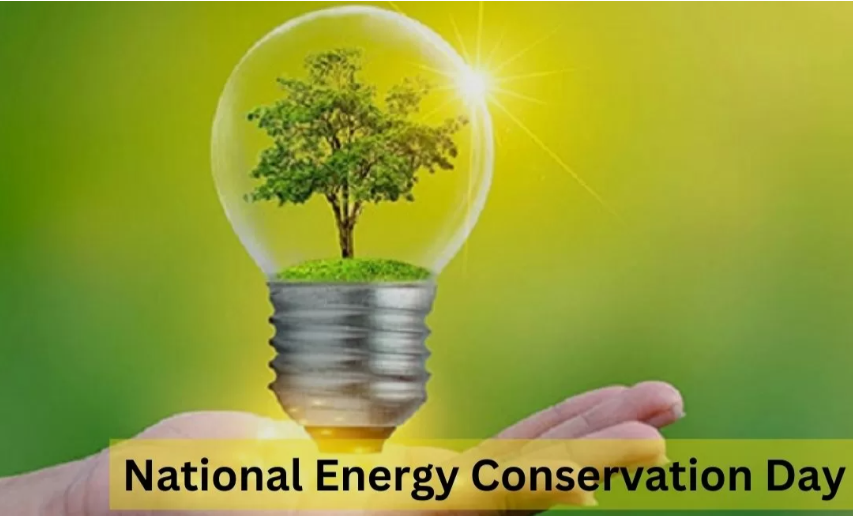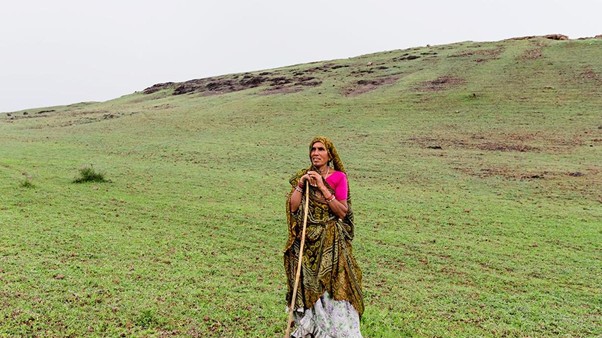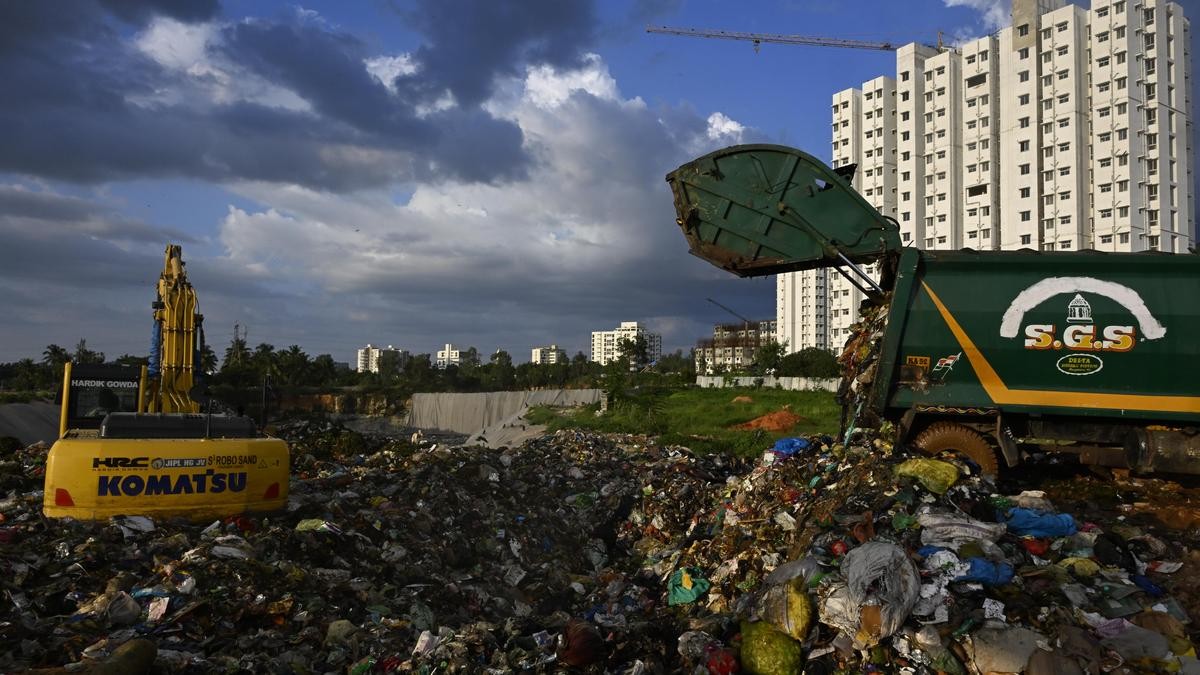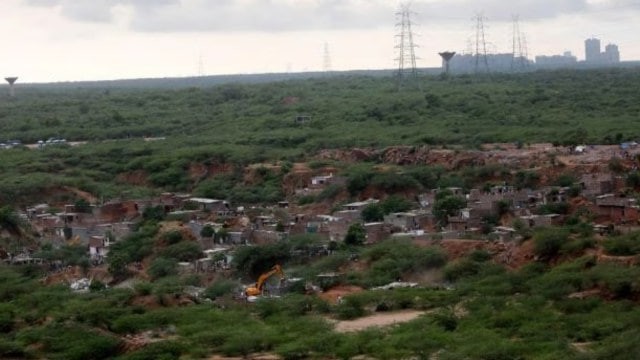Description
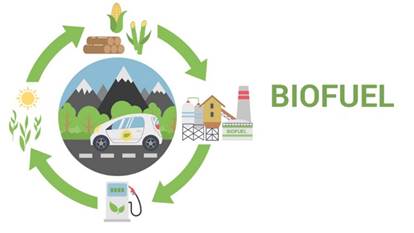
Disclaimer: Copyright infringement not intended.
Context: The Ministry of New and Renewable Energy (MNRE), Government of India has notified the National Bioenergy Programme on November 2, 2022. MNRE has continued the National Bioenergy Programme for the period from FY 2021-22 to 2025-26. The Programme has been recommended for implementation in two Phases. The Phase-I of the Programme has been approved with a budget outlay of Rs. 858 crore.
Details:
The National Bioenergy Programme will comprises of the following sub-schemes:
- Waste to Energy Programme(Programme on Energy from Urban, Industrial and Agricultural Wastes /Residues) to support setting up of large Biogas, BioCNG and Power plants (excluding MSW to Power projects).
- Biomass Programme(Scheme to Support Manufacturing of Briquettes & Pellets and Promotion of Biomass (non-bagasse) based cogeneration in Industries) to support setting up of pellets and briquettes for use in power generation and non-bagasse based power generation projects.
- Biogas Programme to support setting up of family and medium size Biogas in rural areas.
To utilize huge surplus biomass, cattle dung, industrial and urban biowaste available in the country for recovery of energy, the MNRE has been promoting bioenergy in India since 1980s. One major support extended by MNRE has been Central Financial Assistance provided for setting up of Bioenergy projects such as Biogas, BioCNG, Power from urban, Industrial and Agricultural Waste / Residues for reducing their capital cost/ interest on loan therefore increase project viability.
Biofuels
- Biofuels are liquid or gaseous fuels primarily produced from biomass —that is, plant or algae material or animal waste.
- Biofuels can be used to replace or can be used in addition to diesel, petrol or other fossil fuels for transport, stationary, portable and other applications.
- Ethanol and biodiesel are the two main transport biofuels. These fuels can be produced from a variety of biomass.
Categories of biofuels
- First generation biofuels- First-generation biofuels are made from sugar, starch, vegetable oil, or animal fats using conventional technology. Common first-generation biofuels include Bioalcohols, Biodiesel, Vegetable oil, Bioethers, Biogas.
- Second generation biofuels -These are produced from non-food crops, such as cellulosic biofuels and waste biomass (stalks of wheat and corn, and wood). Examples include advanced biofuels like biohydrogen, biomethanol.
- Third generation biofuels- These are produced from micro-organisms like algae.
- Fourth generation biofuels- These are produced from genetically modified (GM) algae to enhance biofuel production.
Note: The prices of both sugarcane and bio-ethanol are set by the central government.
India’s Biofuel Economy
- India is one of the fastest growing economies and the third largest consumer of primary energy in the world after the US and China.
- India’s fuel energy security will remain vulnerable until alternative fuels are developed based on renewable feedstocks.
- The government of India targets reducing the country’s carbon footprint by 30-35% by the year 2030.
- These targets will be achieved through a five-pronged strategywhich includes:
- Increasing domestic production
- adopting biofuels and renewable
- implementing energy efficiency norms
- improving refinery processes and
- achieving demand substitution.
- The government of India has proposed a target of 20% blending of ethanol in petrol and 5% blending of biodiesel in diesel by 2030and introduced multiple initiatives to increase indigenous production of biofuels.
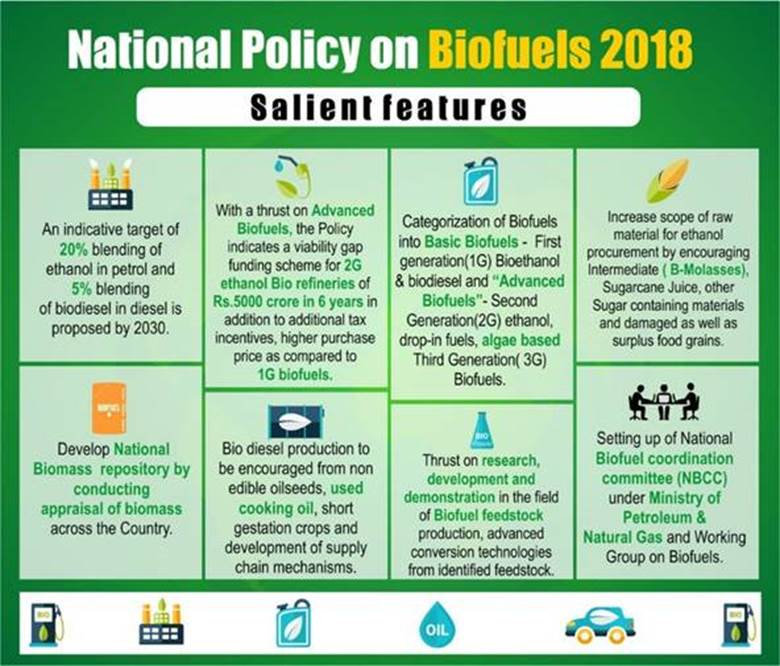
Major programs supporting the development of biofuels production and use in India include:
- Viable gap funding (VGF)for commercial scale 2G ethanol plants under Pradhan Mantri JI-VAN Yojana
- Financial assistance for demonstration scale 2G integrated bioethanol under Pradhan Mantri JI-VAN Yojana.
- Grants for research and development from DBT to 5 Centres for Excellence in the Bioenergy area.
- The National Policy on Biofuels 2018specifically promotes advanced biofuels to achieve a target of 20% blending of biofuels with fossil-based fuels by 2030.
Measures that can improve Bio-fuel economy:
- Currently in India, Biofuel development is centred around the cultivation of Jatropha plant seeds. There is need to develop new feedstock for biofuels.
- To facilitate the blending of biofuels with conventional fuels, there is need to set up advanced biorefineries.
- Research and development should be promoted to support generation of bio-fuel from waste. As it will ensure realizing the goal of waste management and waste to energy.

https://pib.gov.in/PressReleasePage.aspx?PRID=1874209







